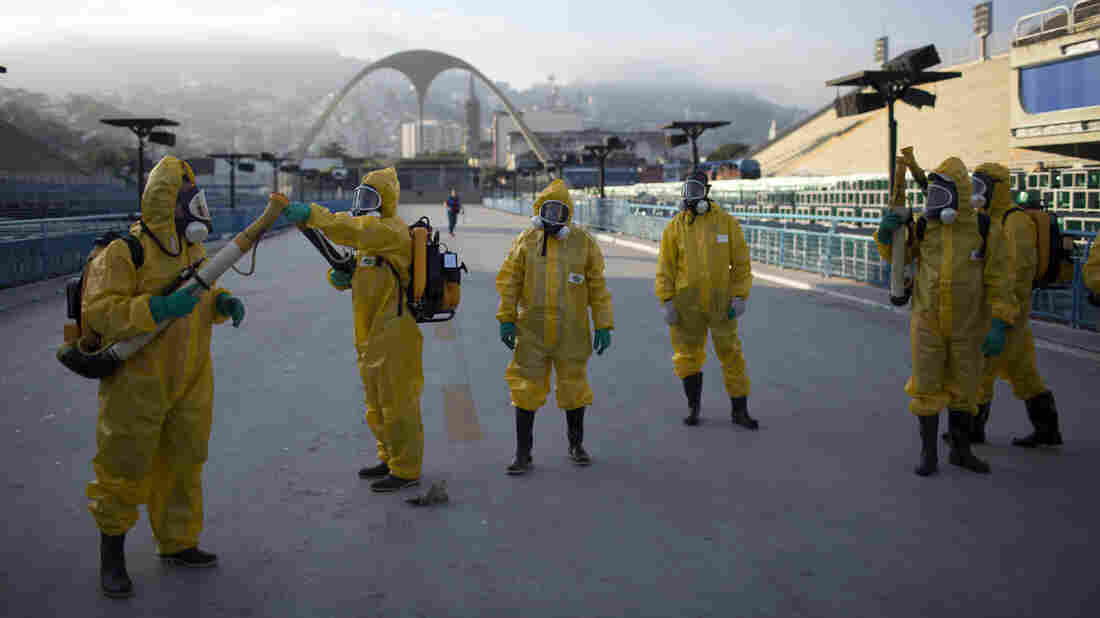Best of the Week: James Bond Casting Rumors and Wishes, 'Beauty and the Beast' Remake Teaser and More
The Important News
Bond Bonanza: Tom Hiddleston is reportedly in talks to play James Bond. Jamie Bell was rumored for the role. Gillian Anderson was imagined in the role.
Marvel Madness: Mark Ruffalo said the Hulk will be Hulk-ier in Thor: Ragnarok.
Franchise Fever: Lionsgate is planning up to seven Power Rangers movies.
Sequelitis: Mike Myers said he may do another Austin Powers movie. Alien Covenant released a first look at Katherine Waterston.
Remake Report: John Carpenter will produce the next Halloween movie. Dwayne Johnson is still remaking Big Trouble in Little China. Disney will probably do a live-action remake of The Little Mermaid.
Manga Movie Mania: Rila Fukushima joined the Ghost in the Shell remake. Rosa Salazar will star in Alita: Battle Angel.
Animation Elation: The next Garfield movie will be fully animated. Adam Sandler is making another animated feature.
Box Office: The Angry Birds Movie knocked Captain America: Civil War out of the top.
Survey Says: National Lampoon’s Vacation and Thelma & Louise were named the best road movies of all time. Jason Bourne‘s movie locations topped a dream vacation poll.
Awards: Ken Loach’s I, Daniel Blake won the top prize at the Cannes Film Festival.
Reel TV: Ewan McGregor joined the cast of Fargo for the third season. Get Shorty is going to be a TV show.
The Videos and Geek Stuff

New Movie Trailers: Beauty and the Beast, Finding Dory, Star Trek Beyond, The Space Between Us, Deepwater Horizon, Free State of Jones, Morgan, Nine Lives, Clown, Len and Company, The Infiltrator, Seoul Searching, Sing and Collide.
New Movie-Based TV Trailers: The Rocky Horror Picture Show, Lethal Weapon, Shooter, Time After Time, The Exorcist, Training Day and Frequency.
Watch: A 15th anniversary re-release trailer for The Fast and the Furious.
Behind the Scenes: The stars of 13 Hours meet their real-life counterparts.
Watch: A clip for the fake Neighbors 3: Zombies Rising.
See: X-Men parody of Lifestyles of the Rich and Famous.
Listen: Audio of the real possession that inspired The Conjuring 2.
See: Star Wars presented in scrolling animation form. And a resurfaced teaser for Revenge of the Jedi.
Watch: A new short film from Disney animator Patrick Osborne.
See: The 100 best American movies according to a BBC poll.
Watch: Vanilla Ice resurrects “Ninja Rap” at the Teenage Mutant Ninja Turtle: Out of the Shadows premiere.
See: The best new movie posters of the week. And a new alternative Predator poster.
Our Features

Movie Review: X-Men Apocalypse.
Comic Book Movie Guide: What Justice League can learn from Game of Thrones.
Interview: Bryan Singer on the past and future of the X-Men franchise. And on the deleted scenes we’ll see on the X-Men: Apocalypse DVD. And on how X-Men Apocalypse is not the end of a trilogy.
Geek Movie Guide: The greatest moments of the X-Men movies.
Old Movie Guide: When Pearl Harbor tried to be another Titanic.
Horror Movie Guide: All the latest horror news and trailers.
Home Viewing: Here’s our guide to everything hitting VOD this week.
and
MORE FROM AROUND THE WEB:



